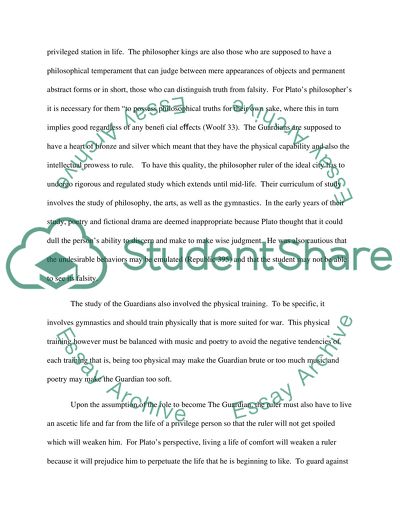Cite this document
(“Perfect City in Plato's view, with the philosophers and guardians and Research Paper”, n.d.)
Perfect City in Plato's view, with the philosophers and guardians and Research Paper. Retrieved from https://studentshare.org/philosophy/1487489-perfect-city-in-plato-s-view-with-the-philosophers
Perfect City in Plato's view, with the philosophers and guardians and Research Paper. Retrieved from https://studentshare.org/philosophy/1487489-perfect-city-in-plato-s-view-with-the-philosophers
(Perfect City in Plato'S View, With the Philosophers and Guardians and Research Paper)
Perfect City in Plato'S View, With the Philosophers and Guardians and Research Paper. https://studentshare.org/philosophy/1487489-perfect-city-in-plato-s-view-with-the-philosophers.
Perfect City in Plato'S View, With the Philosophers and Guardians and Research Paper. https://studentshare.org/philosophy/1487489-perfect-city-in-plato-s-view-with-the-philosophers.
“Perfect City in Plato'S View, With the Philosophers and Guardians and Research Paper”, n.d. https://studentshare.org/philosophy/1487489-perfect-city-in-plato-s-view-with-the-philosophers.


